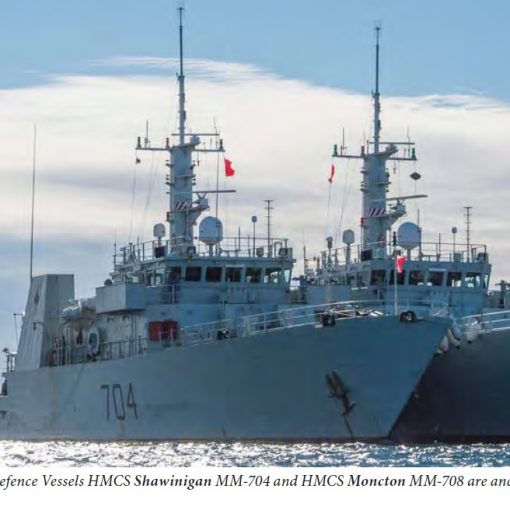I agree with my former colleague Ken Hansen that Canada has made a mistake in moving to a fully joint programme with the Command and Staff Course at the Canadian Forces College. I arrived at the college in 2001 as a sceptic but rapidly became convinced of the need to retain one term dedicated to single service education. Successful joint operations require mutual understanding, but they also require commanders and key staff that are experts in their own domain. Without this expertise component commanders and staffs are less able to identify realistic options and make cogent arguments for component requirements.
A fully joint staff college syllabus appears transformational, but we have not yet set in place alternate educational opportunities where our army, navy and air force officers can develop expertise in how operations are planned and synchronized at higher levels. In the long term this may limit the utility which, hitherto, Canadian staff college graduates have provided to operational level headquarters.
That said, I regret to report that the opening of the new Corbett Centre for Maritime Policy Studies does not reflect an increased single-service emphasis within the UK staff college system. The Advanced Command and Staff Course, the British equivalent to CSC, has had a purely joint syllabus for two years and there is no ambition to return to the former structure which included an environmental term. The Corbett Centre is a good step, but its role as a policy development agency is likely to have only a peripheral impact on the education of naval officers.


